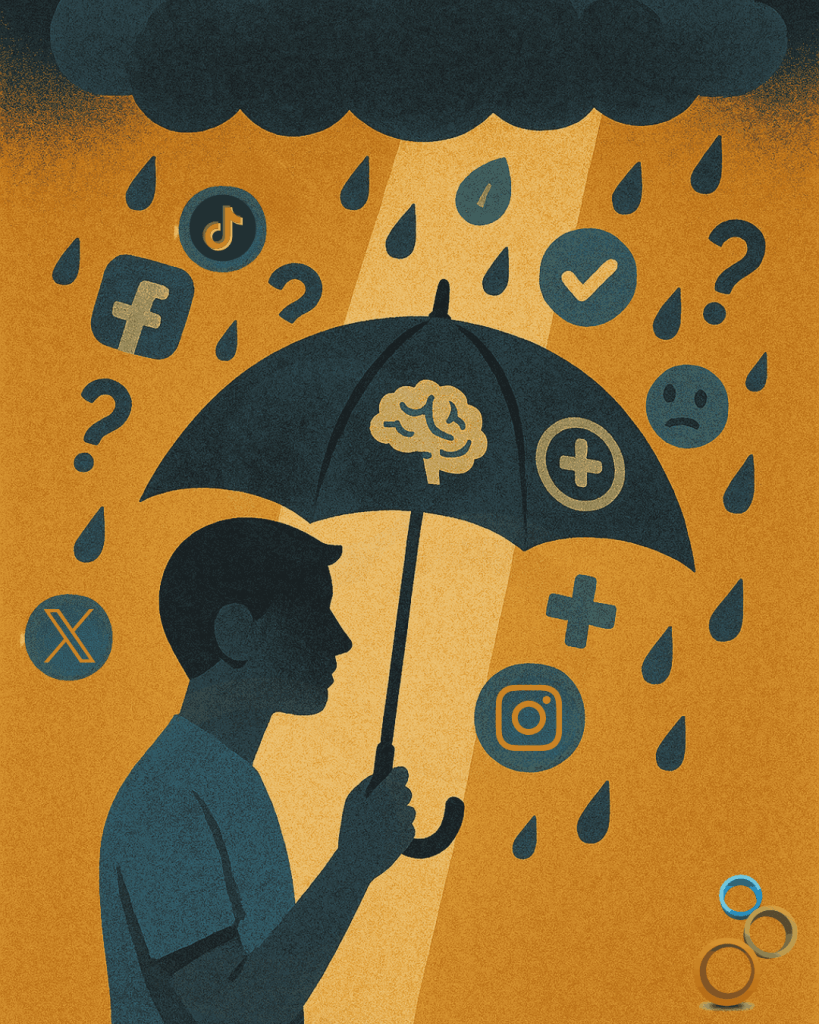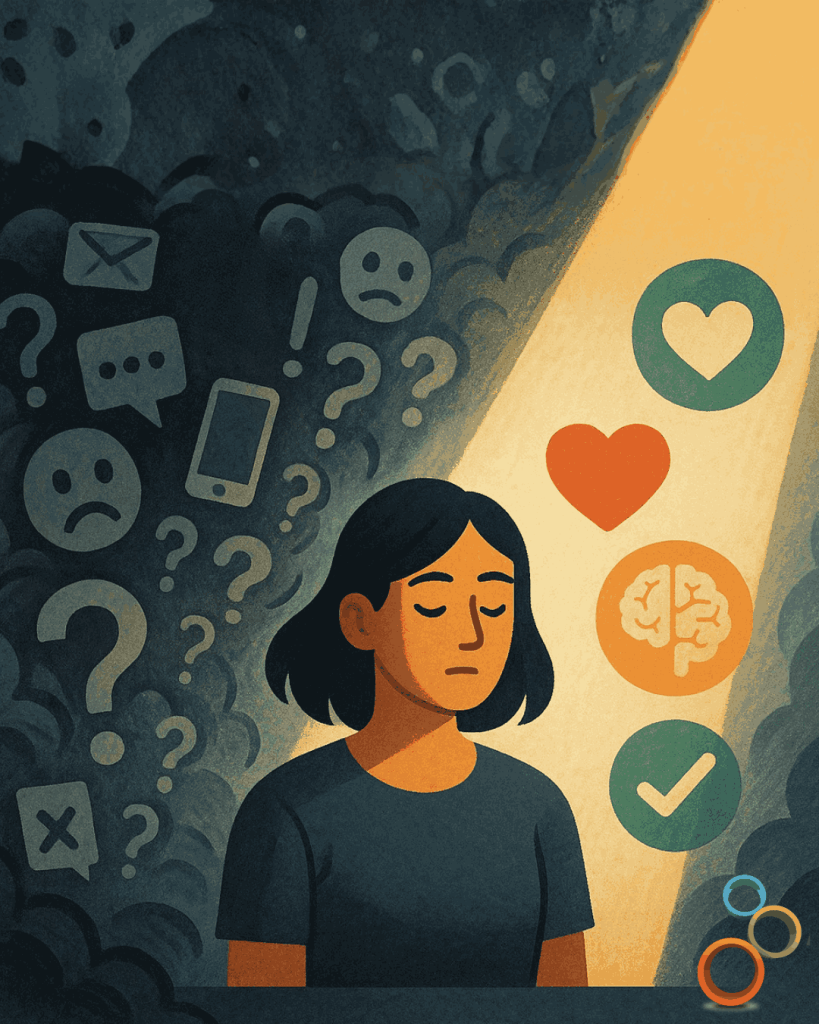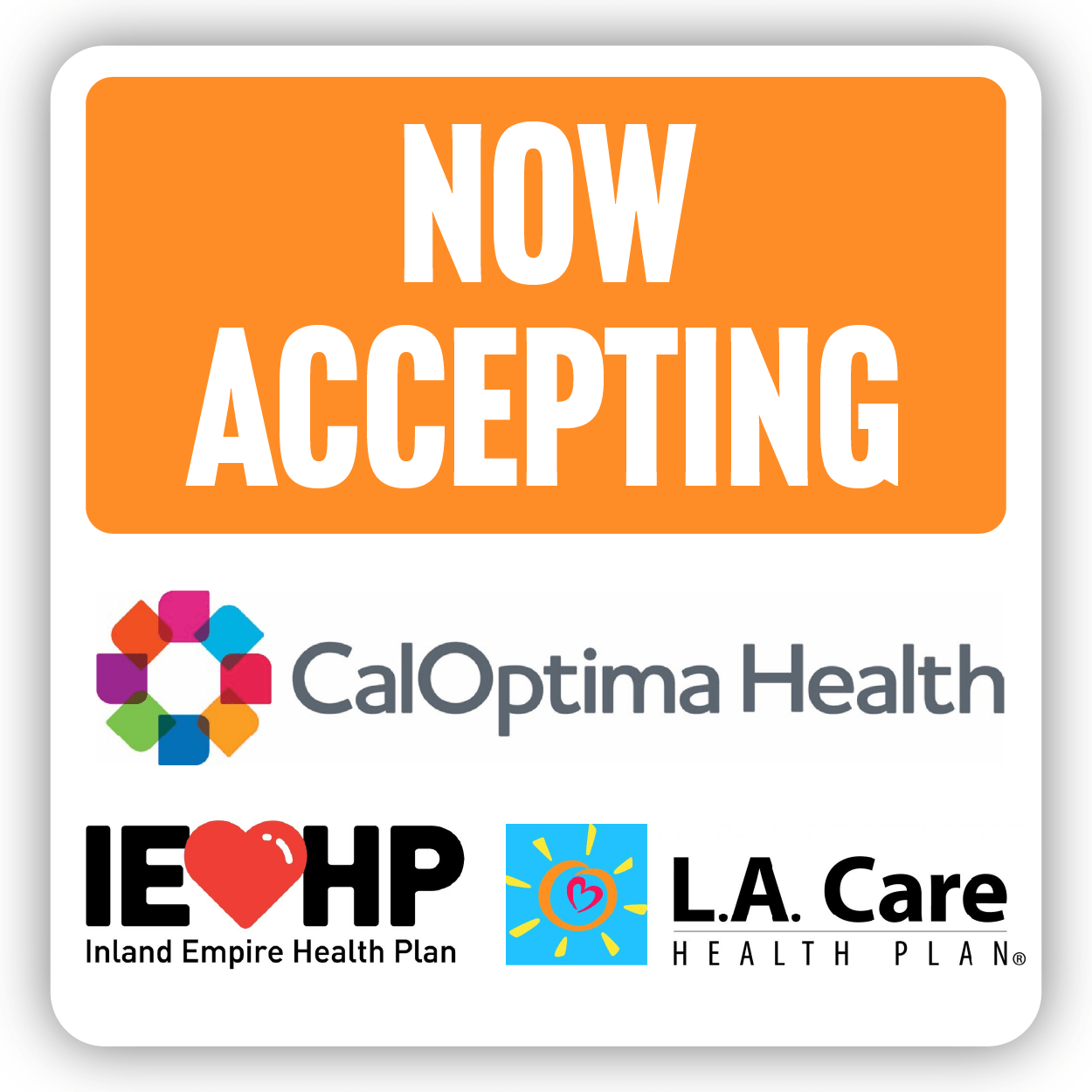Addressing Misinformation in Mental Health: Separating Fact from Fiction — Benjamin Vanderschelden, MD
Mental health awareness has reached unprecedented levels, empowering individuals to seek help and destigmatize conditions. However, this increased visibility has spawned a troubling parallel: the rapid spread of mental health misinformation on social media platforms. Understanding the scope and impact of this misinformation is essential for anyone navigating modern mental health discussions.
Understanding Mental Health Misinformation
Social media platforms have become primary sources of health information for many users. Among adolescents and young adults, exposure to misinformation can significantly exacerbate anxiety and depression symptoms.¹ When individuals repeatedly encounter false information about mental health conditions, they become increasingly likely to believe and internalize these inaccuracies.²
One comprehensive analysis of 1,000 TikTok videos across multiple languages and countries found that disinformation was predominantly present in videos discussing neurodevelopment, mental health conditions, personality disorders, and treatment options.1 Another analysis of 500 TikTok videos with the hashtag #mentalhealth or #mentalhealthtips found that more than 80% were misleading.

Common Myths Affecting Mental Health Seekers
Myth: Mental illness is uncommon.
Fact: Mental illness affects a substantial portion of the U.S. population. In 2022, approximately 23.1% of U.S. adults—over 59 million people—experienced mental illness in the past year.4 For younger adults ages 18-25, the prevalence was even higher at 36.2%.
Myth: Self-diagnosis through social media is reliable.
Fact: While individuals with common disorders like depression and generalized anxiety disorder can sometimes recognize significant symptoms in themselves, the presence of extensive misinformation on social media complicates accurate self-assessment.5
Why This Matters
Misinformation can delay help-seeking behavior, increase stigma, erode trust in mental health professionals, and lead individuals toward unproven interventions.1 For vulnerable populations already struggling with anxiety or depression, exposure to contradictory or false mental health information compounds their distress and may worsen outcomes.

How to Identify Reliable Information
- Check credentials: Look for content from licensed mental health professionals or peer-reviewed sources.
- Seek citations: Reliable mental health content references scientific studies and validates claims with evidence.
- Consult professionals: When uncertain about your mental health, reach out to qualified clinicians for assessment and diagnosis.
- Recognize limitations: Personal stories can be valuable while not a replacement for clinical expertise.
- Be cautious of sensationalism: Overly dramatic or oversimplified mental health claims warrant skepticism.
Moving Forward
Addressing mental health misinformation requires collaboration between professionals, platforms, and the public. Mental health professionals have a responsibility to communicate clearly about conditions and treatments based on rigorous evidence. If you or someone you know is struggling with confusing mental health information or feels uncertain about treatment options, reach out to A Better Way Psychiatry. Our team is committed to helping you navigate mental health care with evidence-based guidance and compassionate support.
References
- Hudon, A., Perry, K., Plate, A., Doucet, A., Ducharme, L., Djona, O., Aguirre, C. T., & Evoy, G. (2025). Navigating the maze of social media disinformation on psychiatric illness and charting paths to reliable information for mental health professionals : an observational Analysis. Journal of Medical Internet Research, 27, e64225. https://doi.org/10.2196/64225
- Bizzotto, N., De Bruijn, G., & Schulz, P. J. (2023). Buffering against exposure to mental health misinformation in online communities on Facebook: the interplay of depression literacy and expert moderation. BMC Public Health, 23(1). https://doi.org/10.1186/s12889-023-16404-1
- Team, P. C. (2024, September 23). How Accurate is Mental Health Advice on TikTok? Plushcare Mental Health. https://plushcare.com/blog/tiktok-mental-health
- Mental illness. (2022). National Institute of Mental Health (NIMH). https://www.nimh.nih.gov/health/statistics/mental-illness
5. Rutter, L. A., Howard, J., Lakhan, P., Valdez, D., Bollen, J., & Lorenzo-Luaces, L. (2022). “I haven’t been diagnosed, but I should Be”—Insight into Self-diagnoses of common Mental Health Disorders: Cross-sectional study. JMIR Formative Research, 7, e39206. https://doi.org/10.2196/39206

